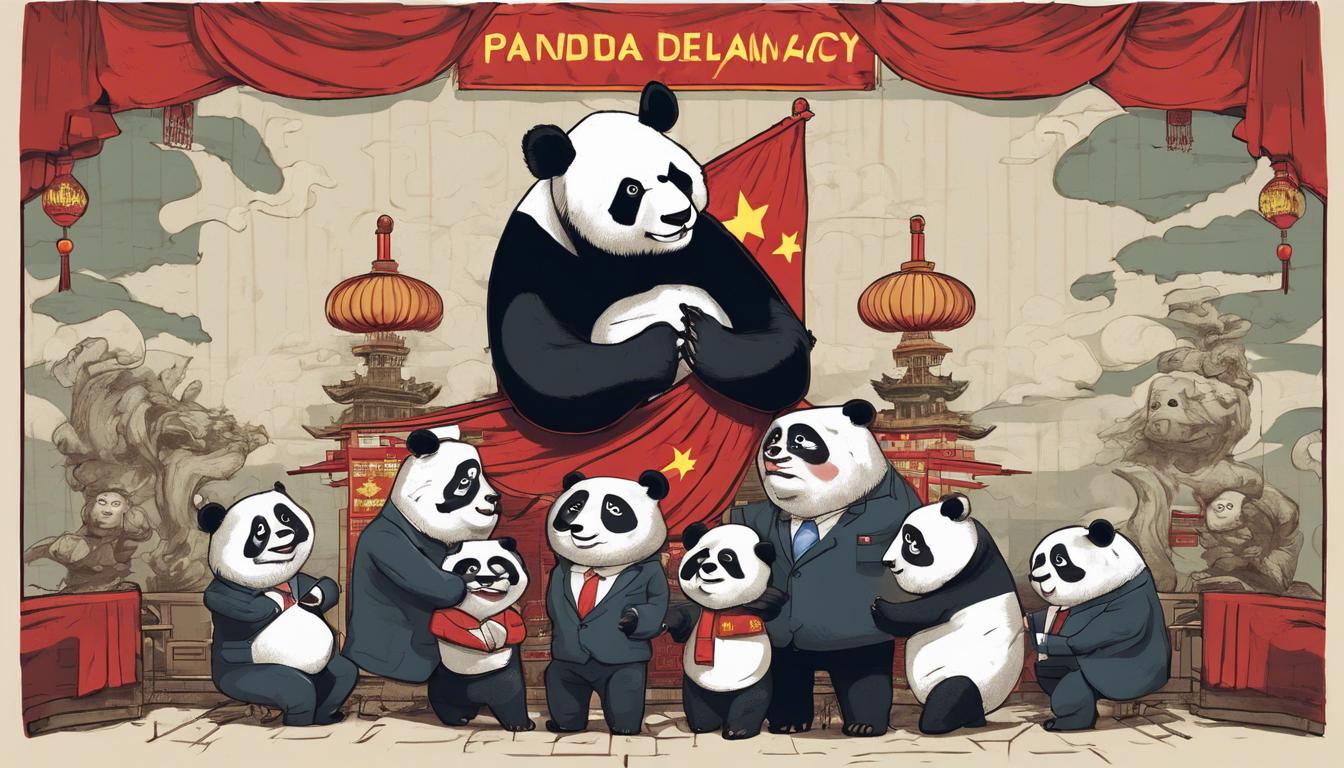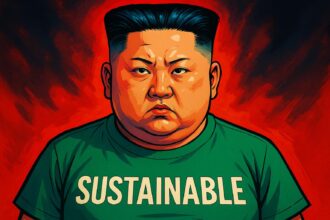From high-level meetings with China aimed at mending strained ties to domestic policy changes and legal battles, Australia stands at a crossroad of diplomatic and domestic challenges.
Australia’s diplomatic landscape has been active with notable events influencing its international relations, stretching from criticisms targeted at its ambassador to the United States to high-level meetings with China, aimed at mending strained ties.
Former US President Donald Trump criticized Kevin Rudd, Australia’s ambassador to the US, predicting Rudd’s tenure would be brief if his critical stance towards Trump’s potential presidency continued. Trump branded Rudd as “nasty” and “not the brightest bulb”. This commentary from Trump elicited support for Rudd from Australian Foreign Minister Penny Wong and Prime Minister Anthony Albanese. Opposition Leader Peter Dutton highlighted the need for Australia to mend fences.
In a significant development, Wong and China’s Foreign Minister Wang Yi held a meeting in Canberra, marking the first high-level dialogue between Australia and China in seven years. The dialogue aimed to address the discord that burgeoned during the pandemic, instigated by tariffs and sanctions China imposed on Australian goods in 2020. Wang Yi underscored the importance of Australia maintaining an independent foreign policy and cautioned against interference by “third parties”, hinting at Australia’s alliance with the US through agreements like Aukus.
The discussions between Wong and Wang also ventured into concerns over Dr. Yang Hengjun’s death sentence and aspirations to enhance trade relations by resolving issues such as China’s punitive tariffs on Australian wine. Despite progress in trade disputes, the dialogues also touched on sensitive topics like human rights issues in Xinjiang, Tibet, and Hong Kong, along with incidents involving the militaries of the two nations at sea.
On a lighter note, Australia has been home to two giant pandas, Wang Wang and Fu Ni, at Adelaide Zoo, under an arrangement known as panda diplomacy meant to symbolize goodwill between China and Australia. The Australian Labor Party has expressed intentions to ensure the pandas’ extended stay, underlining the role of soft diplomacy in international relations.
Domestically, Australia is also seeing significant policy pursuits, such as revisions to youth justice laws in Victoria and Queensland, efforts towards gambling harm minimization, and initiatives advocating for justice system reform in NSW to address rising youth crime rates. On top of this, the commercial landscape has seen developments like the closure of all Godfreys Group stores following a failed sale process, and a defamation case involving Bruce Lehrmann, Network Ten, and Lisa Wilkinson is set to receive a judgment.
Reflecting upon recent events, it’s evident that Australia is navigating a complex array of diplomatic, legal, and social issues, signifying a period of transition and negotiation on both the international and domestic fronts.













